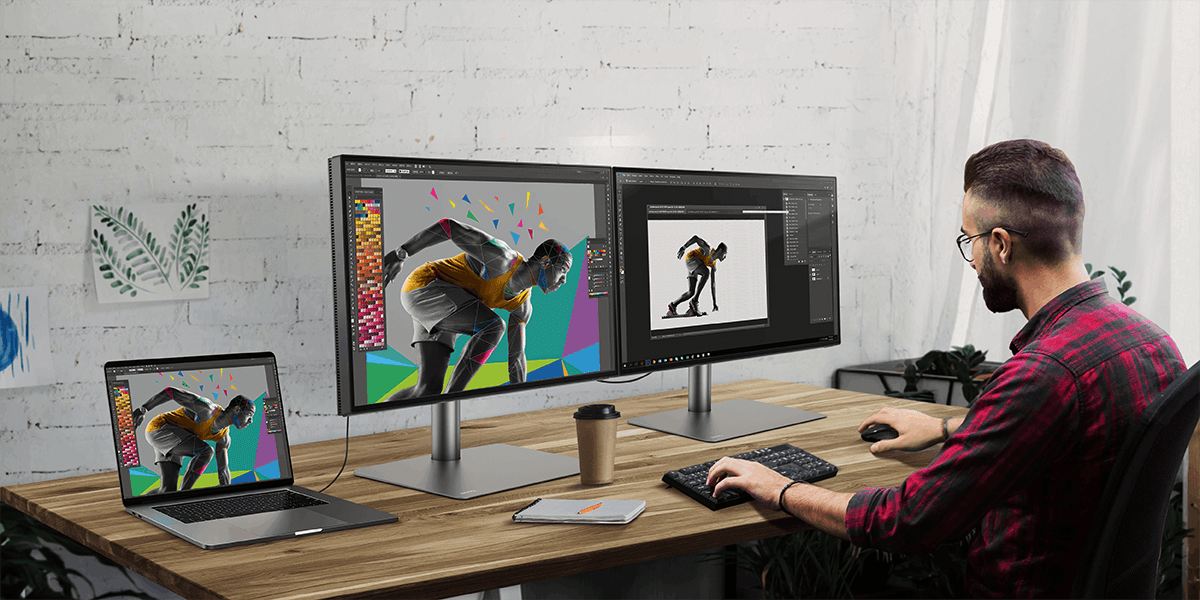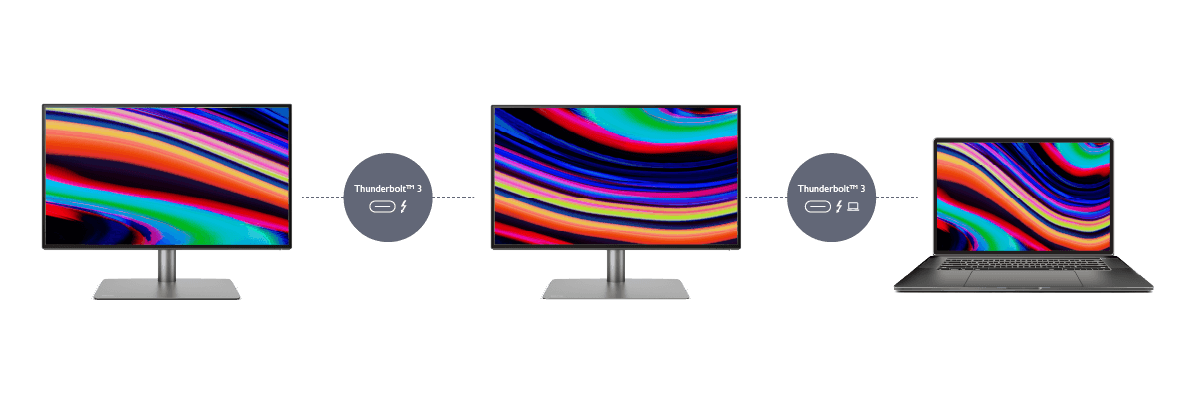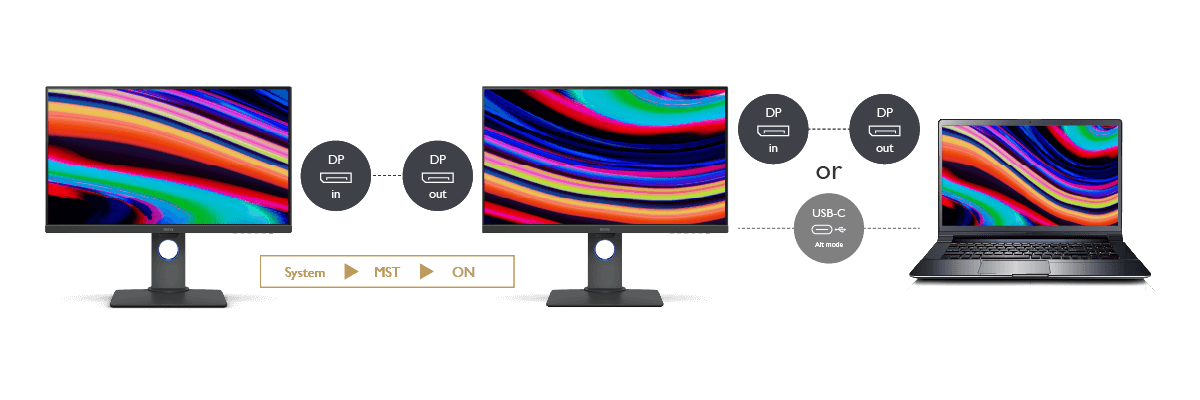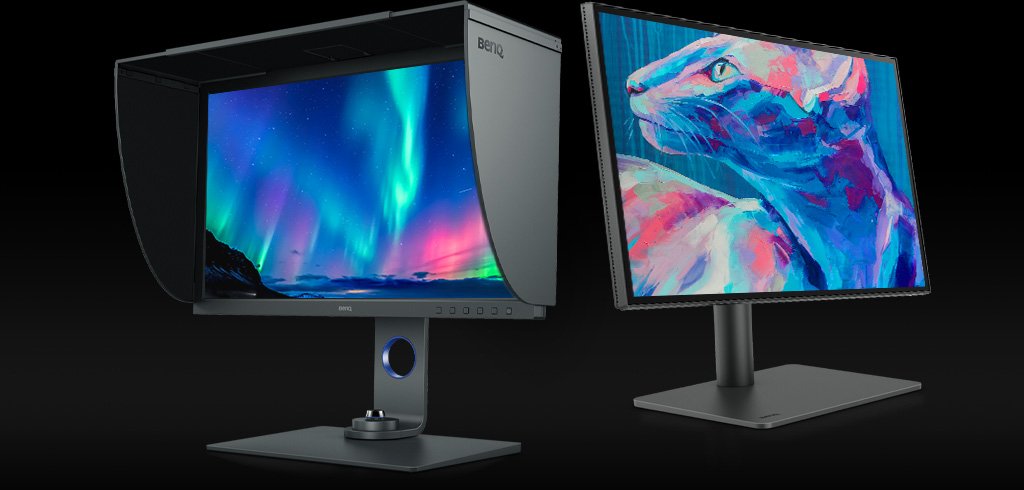Projector
Monitor
Lighting
Interactive Display | Signage
Remote Work & Learning
BenQ Europe respect your data privacy. We use cookies and similar technologies to ensure you get the best experience when visiting our website. You can either accept these cookies by clicking “Accept Cookies”, or click “Only Required Cookies” to refuse all non-essential technologies. You can customise your cookie settings here at any time. For further information, please visit our Cookie Policy and our Privacy Policy.
Some essential features on BenQ sites just won’t work without cookies. And having other cookies switched off can seriously affect the way you’ll be able to enjoy our services.
Please check your cookie settings below and turn on any cookies you’re happy with.
“Strictly necessary” cookies can’t be turned off. But Functional and Performance cookies can be turned on or off below. You can learn more about cookies and what they do on our other pages.
If you've chosen to block third-party cookies on your browser, your cookie preferences won't carry over from benq.eu to benq.xx and vice versa. Please make sure to set your cookie preferences in both places.
On
These cookies are essential so that you can move around the website and use its features. Without these cookies services you have asked for cannot be provided.
On
Off
These cookies allow the website to remember choices you make to give you better functionality and personal features.
On
Off
These cookies help to improve the performance of BenQ. If you want to opt-out of advertising cookies, you have to turn-off performance cookies.
BenQ Europe respect your data privacy. We use cookies and similar technologies to ensure you get the best experience when visiting our website. You can either accept these cookies by clicking “Accept Cookies”, or click “Only Required Cookies” to refuse all non-essential technologies. You can customise your cookie settings here at any time. For further information, please visit our Cookie Policy and our Privacy Policy.
Please note due to a high volume of orders, processing times may be longer than usual
Enter our shop hereProjector
Monitor
Lighting
Interactive Display | Signage
Remote Work & Learning
Projector
Monitor
Lighting
Interactive Display | Signage
Remote Work & Learning
Wireless PresentationStore
If you find yourself needing more monitor real estate for your various usage needs, you really only have two options. One is get a bigger monitor, but that will only go so far. The other is connect multiple monitors, and thankfully that’s made simple with daisy chaining. Essentially, using the daisy chain method you get several monitors working with your laptop or desktop out of a single DisplayPort, or in the case of monitors for Mac devices, Thunderbolt video out. All you need is one cable to the first monitor, and then one additional cable for each additional monitor.
With DisplayPort or Thunderbolt daisy chaining, you enjoy the flexibility of having several displays for all of your work or entertainment needs. You can duplicate the displays or have each dedicated to a different app or task, that’s entirely up to you. As we said, the whole idea behind daisy chaining is simple flexibility, while keeping cables to a minimum.

There are two types of ports that allow you to daisy chain monitors: DisplayPort and Thunderbolt. Ensure that your PC features an output port of either type and that the monitors feature both input and output ports of the same type.
Please note that MacBook computer only supports daisy chaining via Thunderbolt. Daisy chaining is not supported via HDMI or using regular USB ports on any device. Also, you can only connect a single external display using a Mac device with the M1 or M2 chips. For more information about connecting different models of Mac devices to external displays, please refer to the Apple website.
For daisy chain connections via Thunderbolt, the Thunderbolt port on all your devices must be version 3 or higher and all connections require use of Thunderbolt 3/4 cables.
To daisy-chain via Thunderbolt:
1. Power on all monitors.
2. Connect the Thunderbolt out on your laptop to the Thunderbolt in on monitor 1.
3. Connect the Thunderbolt out on monitor 1 to the Thunderbolt in on monitor 2.
4. Repeat step #3 for any subsequent monitors.
* NOTE: connection to the final monitor can also be USB-C with DP Alt mode support. Please check Apple official site about the number of external displays you can use at the same time depends on your Mac model and the resolution and refresh rate of each display. For connections to monitor 2 and beyond, use cables at least 1m long for increased placement flexibility.

Thunderbolt supports higher bandwidth relative to DisplayPort in daisy chain, which allows for 4K@60Hz for two monitors, and up to six monitors at 1080p@60Hz. Check the official Thunderbolt website for specifications regarding support for multiple screens.
*Please use Thunderbolt 3/4 certified cables with the Thunderbolt 3/4 icon shown.

Clear All
{{displaySortType}}

{{item.displaySortType}}
{{item.productWordingData.productWordingTitle}}
{{item.productWordingData.productWordingTitle}}
{{item.productWordingData.productWordingTitle}}
{{spec}}
{{item.price}}
{{item.price}}
{{item.promotePrice}}
Save {{item.savePrice}}
Pre-order Now Pre-order will be available starting {{item.localReleaseDate}}
Pre-order Now Pre-order will be available starting {{item.localReleaseDate}}
Pre-order Now Pre-order will be available starting {{item.localReleaseDate}}
{{item.created}}
{{item.img}}
{{item.link}}
{{item.gamodelid}}
{{item.skucode}}
{{item.stock}}
{{item.price}}
{{item.category}}
{{title}}
We will notify you when the product becomes available
We will send you an email once the product becomes available.
Sorry, our store is currently down for maintenance.We should be back shortly. Thank you for your patience!
The requested qty is not available
The requested qty exceeds the maximum qty allowed in shopping cart
Product that you are trying to add is not available.
For daisy chain connections via DisplayPort, DisplayPort on all your devices MUST be version 1.2 or higher and support Multi-Stream Transport (MST).
To daisy chain via DisplayPort:
1. Power on all monitors.
2. Enable DisplayPort 1.2 and/or MST in the settings menu of each monitor.
3. Connect your laptop to monitor 1 by:
4. Connect the DisplayPort out on monitor 1 to the DisplayPort in on monitor 2 using a DisplayPort cable.
5. Repeat step #4 for any subsequent monitors.

Due to bandwidth limitations, connecting more than two monitors via DisplayPort may cause a lowering of resolution on one or all of the monitors. Check the specifications of your laptop or desktop’s graphics hardware to see if it supports adding multiple monitors.
Besides daisy chaining, there’s another way to make your workspace more efficient, known as a KVM switch, or keyboard, video, and mouse switch. KVM switching allows you to control multiple operating systems via a single keyboard and mouse set. You can thus work on one system designing and on another checking galleries without switching keyboards and mice.
Mac and MacBook are trademarks of Apple Inc.
Thanks for your feedback!
Subscribe to Our Newsletter
Stay tuned for our product launches, upcoming news and exclusive benefits.
Subscribe